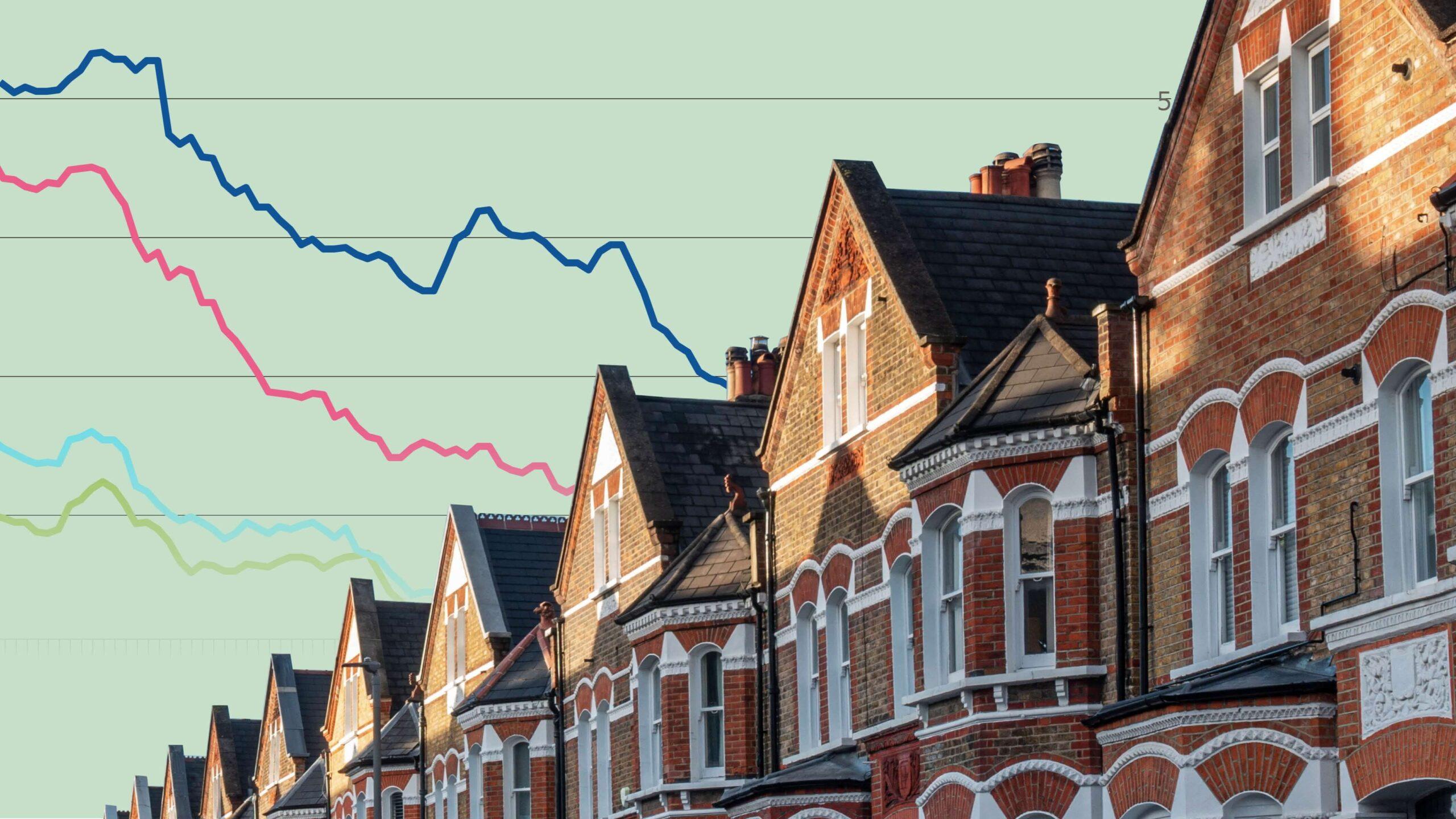Finance
Is The Housing Market Going To Crash?

Any experienced mortgage lender in St. Louis can tell you that a crash is not likely at this point. Why? Because the factors affecting the economy are different. First of all, If housing falls, the economy will also plummet. Since the pandemic year, recession fears loom; hence, the housing market is slowing. The present economic slowdown doesn’t mean the housing market will suffer, and a recession doesn’t guarantee a housing crisis.
Though it would be healthy to see prices fall, an event like that is difficult to foresee until it happens. In the case of a housing market crash, most people will suffer, and only a few will benefit. Rather than a crash, the real estate market is bracing for a soft landing. This article looks at the causes of the housing market crash and what can be done to avoid this.
Table of Contents
Benefits Of The Housing Market To An Economy
Housing is an economic indicator. It is one of the factors used to measure consumer spending in a nation. When components of the economy are stable, it reflects in the spending pattern of individuals.
To put it into perspective, let’s look at the spending pattern of individuals in a real estate boom and downturn.
- A booming real estate sector means that inflation and interest rates are favorable. When these factors are stable, homeowners feel more confident and spend more. Thus, lending in the economy increases because people will borrow against the value of their homes. The borrowed money is used for different purposes, including spending on goods and services, renovating their homes, supplementing pensions, etc.
- Conversely, homeowners are at risk when the real estate sector is experiencing a downturn. They risk their housing being much cheaper than the outstanding mortgage payments. Hence, they spend less and cut down on other personal investments.
- In many ways, the housing sector’s success will mean growth in other sectors like the construction sector. Once the housing sector is booming, lots of houses will be developed, which means there will be demand for construction materials. This will increase sales in the construction sector and also boost productivity in the economy.
Factors That Make The Housing Market Unstable
Though demand remains ripe, the factors discussed below have caused builders to cut back on the construction of new housing projects.
- Interest rate: In theory, a rise in interest is a good way to control inflation. But as regards housing and mortgage, an increase in interest rates will affect the cost of mortgages. When interest rates are high, it becomes more costly to make mortgage payments, thus, discouraging people from buying houses. In situations like this, renting becomes a more desirable action than buying a house. The demand for houses does not reduce even though people can’t afford them, so renting becomes a more affordable option.
- Inflation and the availability of materials: Inflation has become a global issue reaching all-time highs in different economies. It has eaten into every sector, including the housing sector. The cost of materials for building and construction has skyrocketed and thus makes it unaffordable. In an import-based economy, inflation will also affect the availability of these materials. Since it has become more costly to enter the housing and property sector, revenue has fallen significantly.
- Unemployment: This factor affects general economic growth. When the unemployment rate rises, it reduces the earning power of many individuals. The fear of unemployment and the thought of income shortage discourage people from buying property. When the unemployment rate rises, foreclosures become rampant because people cannot pay for mortgages.
- Supply: All the factors discussed above have contributed to the shortage of supply of houses. The shortage in housing supply also gears the housing market towards a crash. It increases the prices of the available houses in the face of high demand. All things being equal, prices will also fall when there is excess supply.
- Demographic factors: The economic factors that affect real estate are the most common, but some demographic factors also directly impact the market. For example, in recent times, the number of households has increased. Also, there are more individuals living alone. Some other demographic factors are:
- Decreased life expectancy for the elderly
- An increase in divorce rates
- More people getting married
- Children leaving home earlier seeking independence
Also, Check – What Is a Fixed-Rate Annuity?
Consequences Of A Housing Market Crash
The most obvious backlash of the fall in the real estate market is a sales slump. The fall in the housing market deteriorates the sales figures in almost all sectors, especially those more concerned with the sector, like construction materials, landscaping, moving companies, furniture companies, etc.
How To Avoid A Crash In The Real Estate Market
Though the housing market will not crash, there will be a downward slope in the market. Price correction reflects the fall, but prices won’t fall as low as they did during the 2008 recession. The price fall means that the market is adjusting after a period of abnormally high prices.
Is This A Bubble Pop?
We’ve already established that the housing sector is an indicator of the economy, and a crash can lead to a recession. The last recession of 2008 caused a crash in the housing market that started a year earlier.
We can categorically say that a crash in the housing market is far from reach. But we may experience some downturn in the sector that gives a false sense of a crash. We will also see an economic situation that is similar to that of the 2008 recession. For example, though the demand remains high, it will drop to the point that that is less than supply, and price declines will flow across all sectors.
A Correction Is Around The Corner
A housing correction is underway, and the areas with the highest prices will receive the effects first. These costlier markets will be the epicenter of the downturn. Though borrowing costs have reduced, the market will still see the demand for housing crumble, even as borrowing costs have eased.

-

 Business3 years ago
Business3 years agoThe Ultimate Guide To Thriving In Your Printing Franchise
-

 Business3 years ago
Business3 years agoExploring The Benefits And Challenges Of Restaurant Franchising
-

 Business4 years ago
Business4 years agoHow to Do Long-Distance Moves with Children
-

 Tech4 years ago
Tech4 years agoCyber Table That Will Change Your Life
-

 Lifestyle3 years ago
Lifestyle3 years agoDallas’ Hidden Gems: 6 Must-Try Restaurants Off The Beaten Path!
-

 Lifestyle3 years ago
Lifestyle3 years agoTop 10 Restaurant Franchises In The US
-

 Business5 years ago
Business5 years agoIs Guest Posting a Good Inbound Marketing Strategy?
-

 Business3 years ago
Business3 years agoTop 10 Reasons You Should Invest In A Coworking Franchise













Munkashir hossen
September 16, 2022 at 10:48 am
I didn’t think about this matter before. Now I get new knowledge from this blog so thank you.